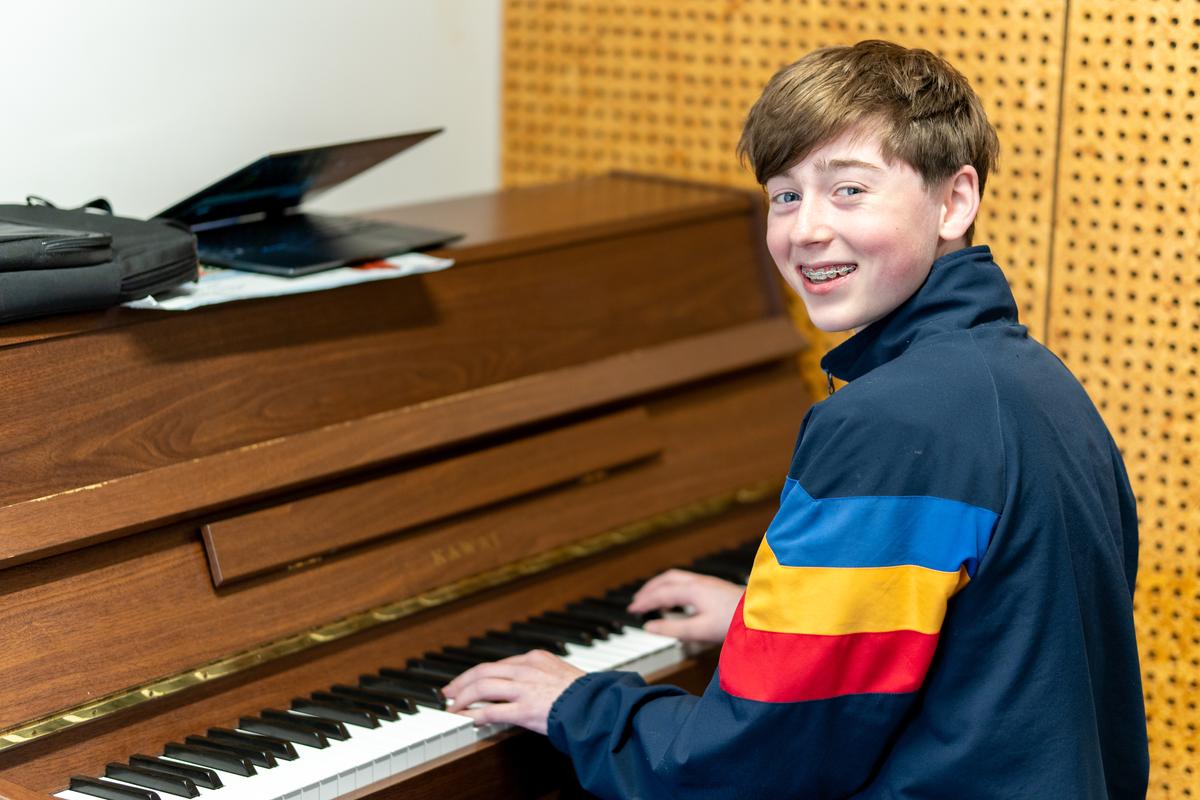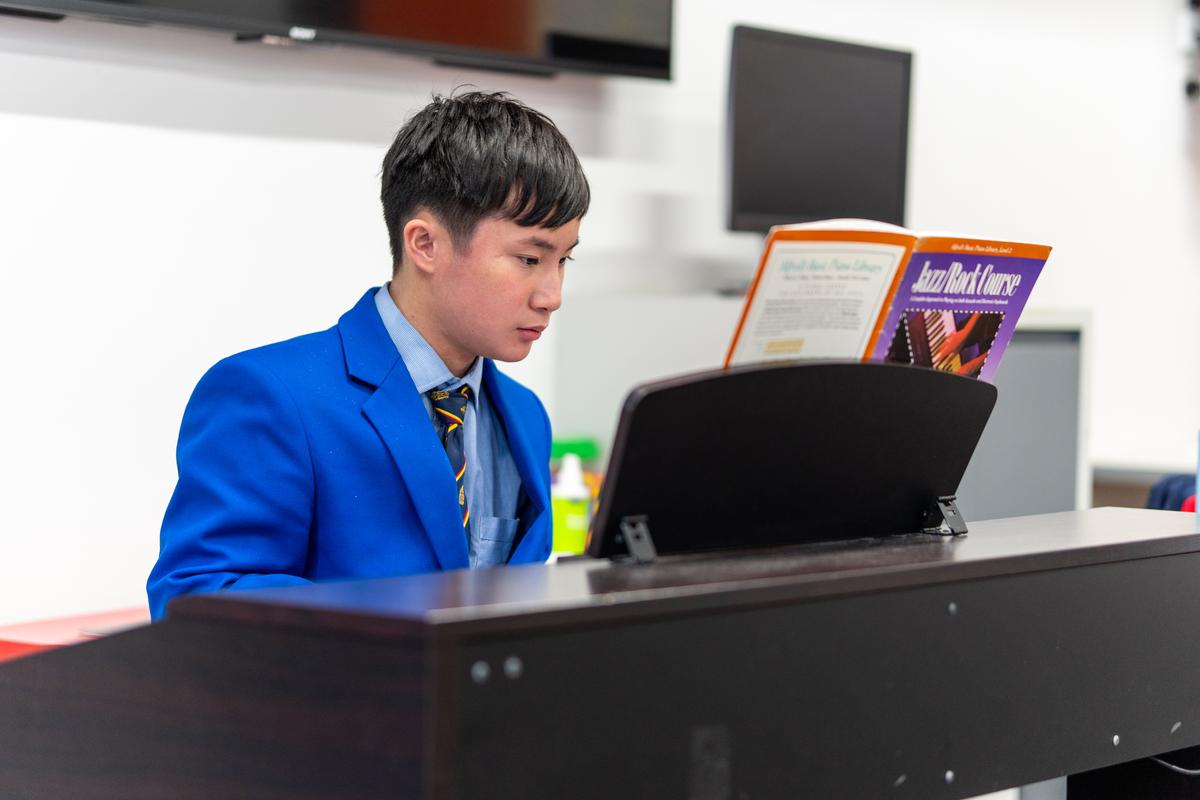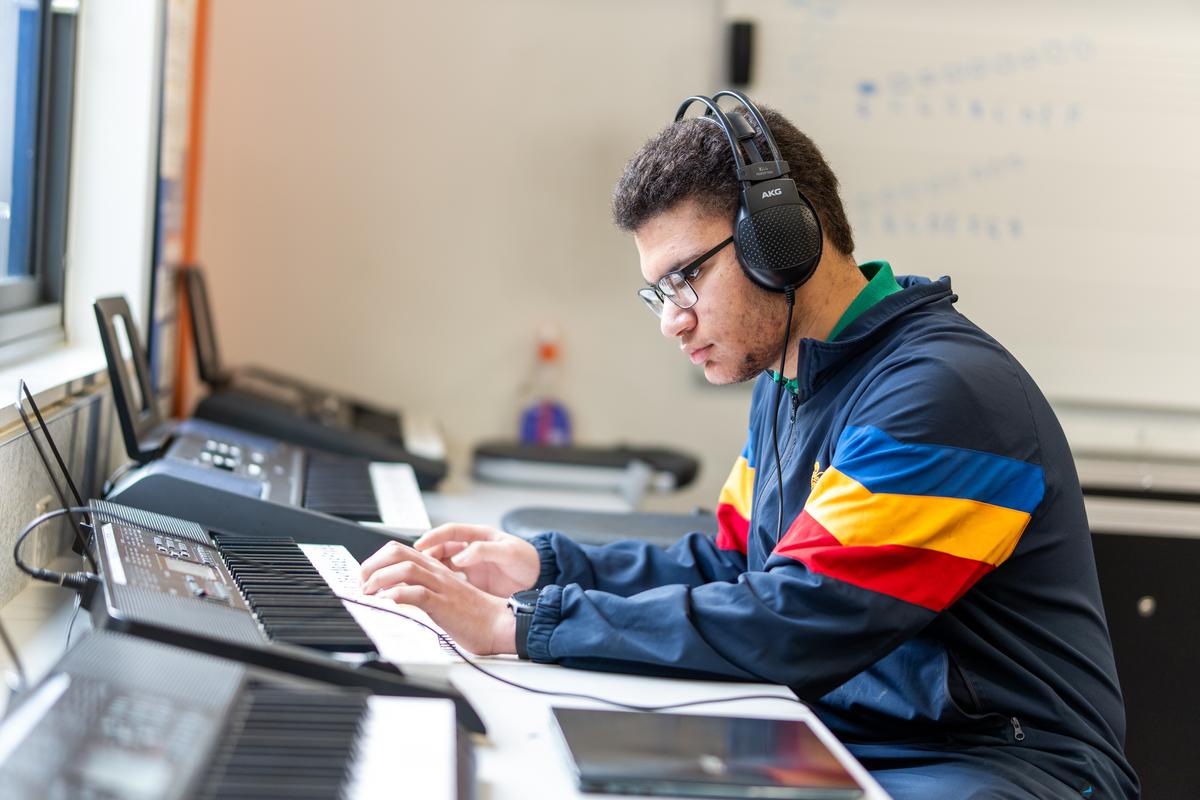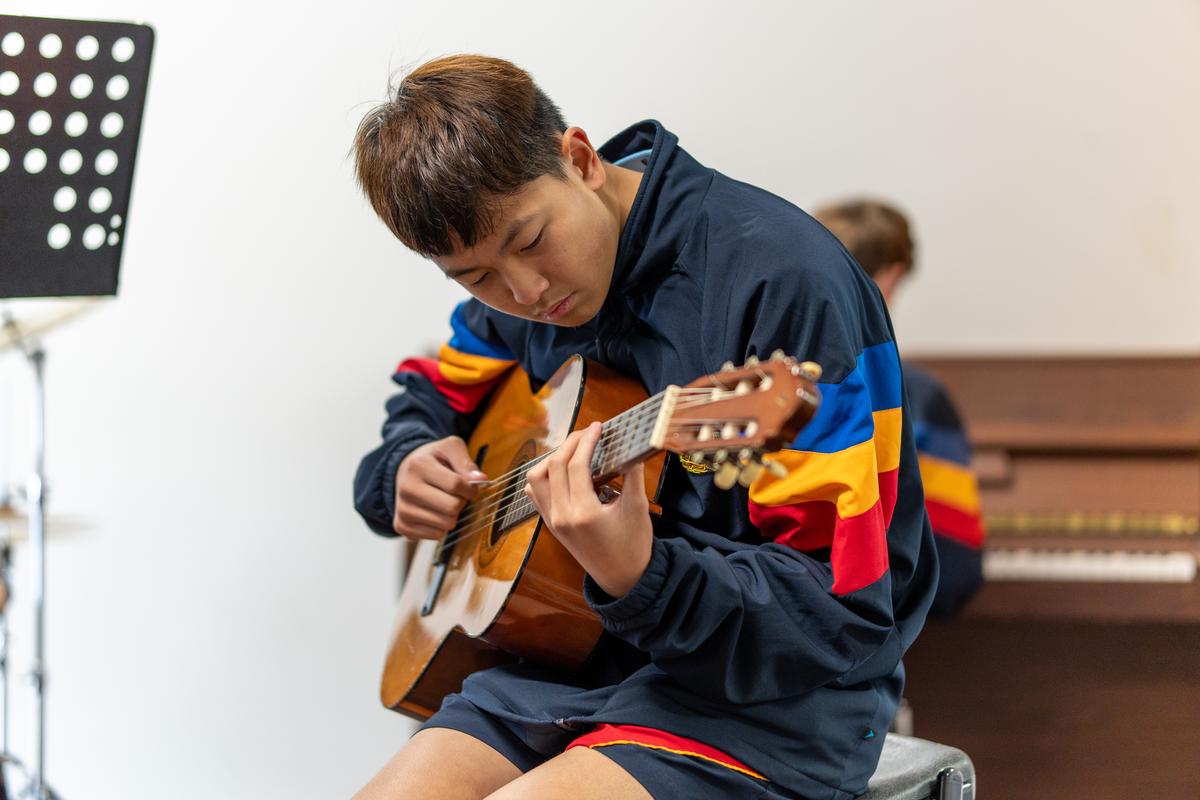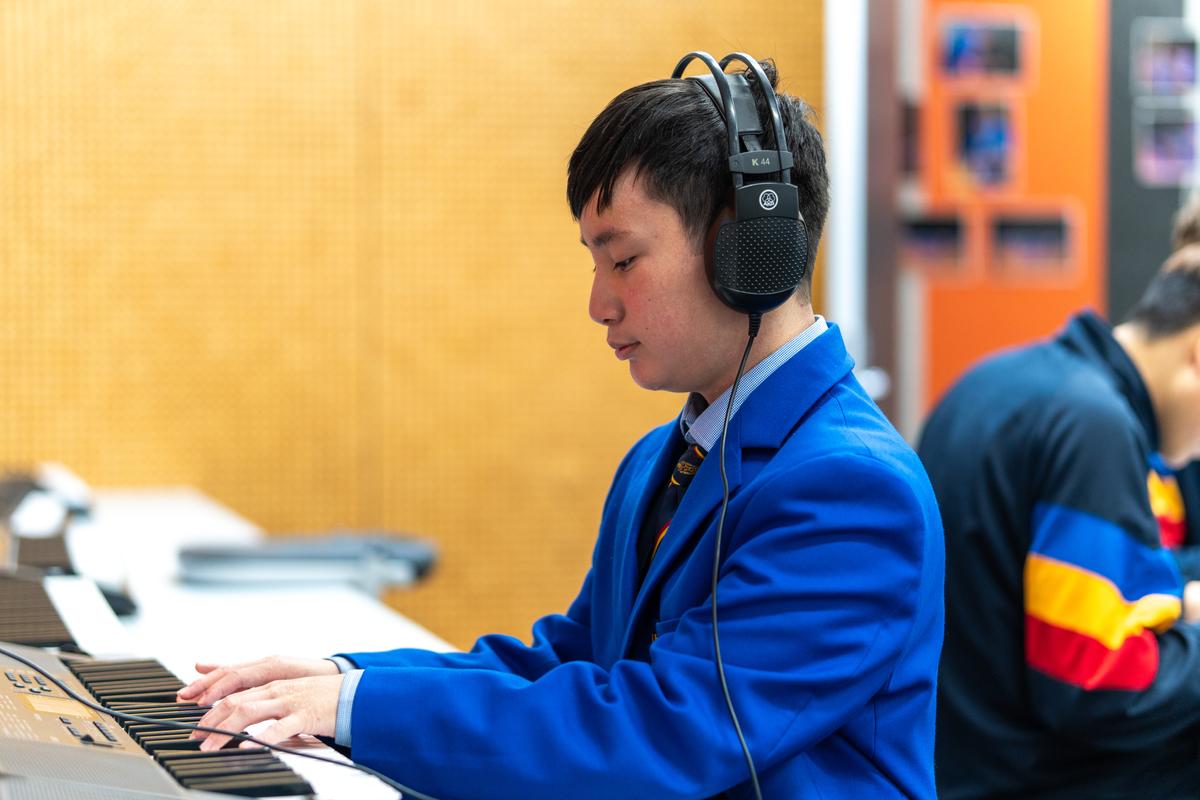Teaching and Learning

Unit 3/4 Trial Exams
Recently, Years 9 to 11 (Unit 1) Exams were held as a culmination of the semester’s work. These exams are an opportunity to improve Exam technique as well as undertake a significant challenge as the semester’s material was assessed.
Whilst challenging for many students, it was particularly pleasing to see so many students apply themselves and perform well. Attendance rates were very high, so congratulations to all students involved.
Monday 17 June marked the commencement of Semester Two. Year 12 students - and Year 11 students who have accelerated - have completed their Unit 4 coursework and undertaken a form of summative Unit 3 assessment. With little over a term of coursework to go in these subjects, we encourage students to continue to consistently apply themselves to improve.
In the holidays at the end of Term 3, all Unit 3/4 students will undertake their Unit 3/4 Trial Exams. The content assessed reflects the skills, knowledge and understanding from across the whole year and is the best way to prepare for the VCE exams that commence in late October. The Trial Exams are compulsory for all scored Unit 3/4 students.
Whilst their benefit will be determined by the effort, preparation and analysis thereafter, one thing is certain; any student who does not attend will be at a distinct disadvantage.
Unit 3/4 Trial Exams Thursday 26 September to Friday 4 October
Year 12 VCE Students and Yr 11 Unit 3/4 students
NB. Friday 27 September is a Public Holiday, no exams will be held.
Acting Deputy Principal
Across Term 3, I will be taking leave and I am pleased to share that Courtney Stammers will be Acting Deputy Principal - Learning and Teaching during this time.
Courtney is currently Learning and Teaching Leader Pathways and Professional Learning Coordinator, and will step into the role for the duration of the term. She is highly capable and I am confident she will do a wonderful job. We wish her all the very best.
Brenden Mair
Deputy Principal - Teaching and Learning
Learning Diversity
The following information is for families of our students who are supported by the NCCD.
Should you have any queries, please contact the Learning Diversity Department.
Classroom Snapshots
Activating students as learning resources for one another
Our students have commenced their Semester 2 subjects. For Year 9 students, this means starting a new elective subject. At our Bentleigh East Campus, with a smaller student cohort, teachers are fortunate to have smaller class sizes in the elective stream.
Year 9 Music does not have any prerequisites for music ability, so the subject welcomes a range of student starting points. Some have had experience playing instruments, reading and understanding music notation. There are some who have only had exposure through their studies in Performing Arts through Years 7 and 8. The same goes for our teachers, in the sense that we often have a specialty in one instrument, and an ability to apply that knowledge and understanding to other instruments of interest – namely, drums, electric guitar, acoustic guitar, keyboard and piano. Herein lies the power of activating students as learning resources for one another.
As one of William’s five formative assessment strategies, if teachers develop strong routines where students support each other’s learning, then the quality and frequency of student interactions with knowledge in hand can increase significantly.
It is challenging for a teacher to dialogue with every student at once, but students can all be involved in meaningful dialogues with each other to support the process of working out ‘where the learner is’ and ‘how to get to where the learner is going’.
In their first music lesson this term, students were asked to participate in a class discussion with three key components:
- Why did they choose music as an elective subject?
- What instrument would they like to explore this semester?
- What is a challenge they would like to work through?
Students documented their discussion on an online tool called Padlet. Teachers have a similar app called Jamboard. Throughout the discussion, it became clear that only one student was a novice at playing an instrument.
There was an immediate activation of others as a learning resource for this student, putting forward offers to assist with their challenge of playing chords on an electric guitar. We have two accomplished drummers, one of whom wants to deepen their skills in mastering a song, whilst the other wants to diversify and learn more guitar.
We also have two accomplished violinists who wish to learn more piano, a skill they connected with as children. The conversation in this first lesson has been the gateway to activating students as learning resources for one another.
Rachel is excited to use this knowledge and skill base to enable each student to work through their personal challenge this semester, alongside the coursework for this unit.
Rachel Urquhart and Amy Collins

